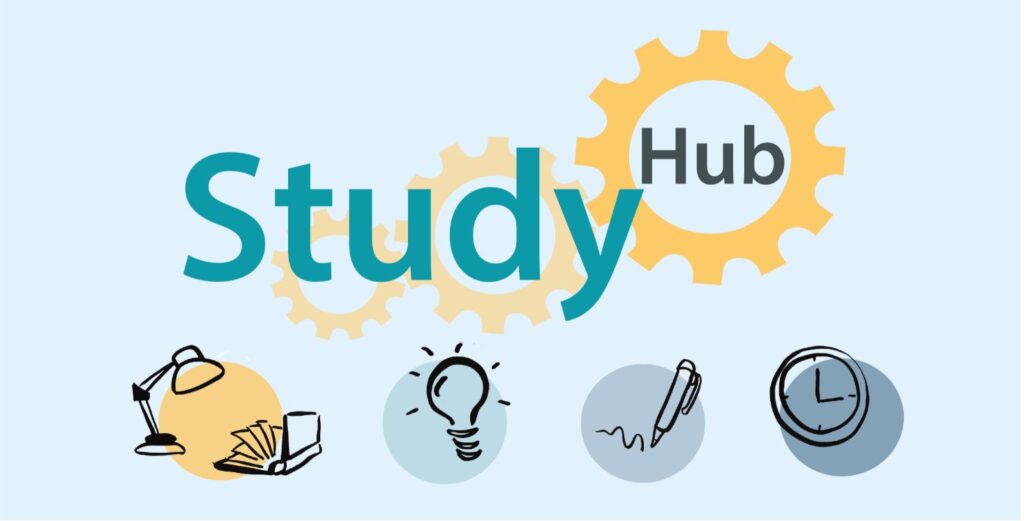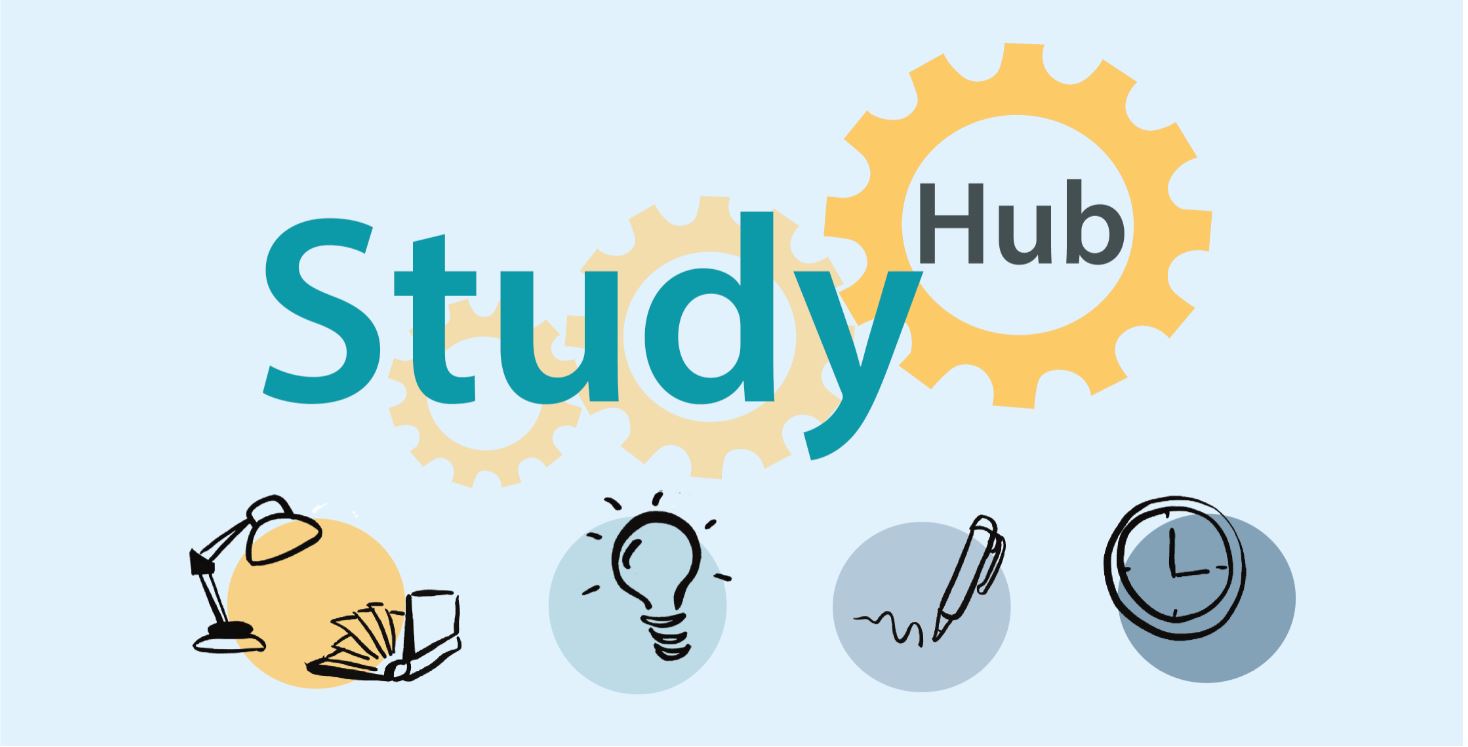
In this post, Dr Kay Williams, Study Development Advisor at the Institute for Academic Development (IAD), explains the value of working with students as consultants to create the new Study Hub brand, and the Study Hub blog, which offer learning resources for students…
How do you solve a problem with learning materials? Employ a learner. What do you get? Study Hub.
The IAD’s student-facing, online learning resources had grown in a way that was making it difficult for students to find what they were looking for. The existing audience divide between undergraduate and taught postgraduate wasn’t really working given the students’ diverse starting points. The labels used didn’t always signpost clearly ‘a set of study skills resources’. Moreover, some content was less well used and other content was effectively duplicated. Consolidation and streamlining was needed.
So, in short, our team knew what we had on our webpages wasn’t working but hadn’t yet arrived at a clear idea of the ideal shape of a new offer. What we did in summer 2018 was employ a student intern to act as a consultant, give us a name for our new product, and design us a brand.
Summer 2018 was successful. Our design intern, Mel Grandidge, came up with the ‘Study Hub‘ branding. At the end of her internship, she left us a potential plan and recommendations, along with a flexible set of artwork to use on the website. We set to work refreshing and amalgamating our content.

By the start of 2019, we knew wanted something more than refreshed resources. The new WordPress-based Academic Blogging Service afforded us an opportunity to create a new complementary blog within the Study Hub branding in summer 2019. Again we employed a learner. Our Study Hub blog intern, Angel Garmpi, has used the existing ‘Study Hub’ brand, built a blog, created a sustainable content strategy, and queued up material to be posted throughout the year on the blog.
Employing an undergraduate as an intern falls outside traditional views of student and staff roles because it transforms the student into an employee in a department alongside permanent members of staff. Fortunately, at The University of Edinburgh, the Careers Service have made it easy to do.
The Employ.ed programme is a paid scheme offering summer employment for University of Edinburgh students in their 2nd or 3rd year of study. Internships are usually for 10 to 12 weeks, and the intern works on a specific project, supported with a development programme. Employ.ed is popular with students. In 2019, 803 applications were made, 240 interviews took place, and 65 interns were employed across all Colleges and Service groups.
A criticism sometimes made of institutional ‘students as partners’ projects is that they are limited to those who can spare the time and have the financial security to be able to volunteer (Matthews, Dwyer, Hine, & Turner, 2018, p. 967). Employ.ed is a paid scheme, and this appears to have resulted in greater diversity; in 2016-17 a fifth of interns were from widening participation backgrounds, and in 2017-18 the proportion increased to around a third (Careers Service, 2019).
Having an intern in the office is refreshing for departmental colleagues. It is good to tap in to a student perspective, see someone take opportunities, and build an alternative vision. Students interns also get to see a bit of the University from the inside. Not forgetting that it is also valuable learning experience for the intern:
I have gained an array of skills from this internship and I have found myself growing in confidence. Working in an office environment and being very independent on a branding and marketing project was very new to me. (Grandidge, 2018)
References
Careers Service. (2019). Internal statistics (pers. comm.). University of Edinburgh.
Grandidge, M. (2018, November 5). Intern case studies: Design Intern 2018. Retrieved July 24, 2019, from The University of Edinburgh Careers Service:
Matthews, K. E., Dwyer, A., Hine, L., & Turner, J. (2018). Conceptions of students as partners. Higher Education, 76, 957–971.


